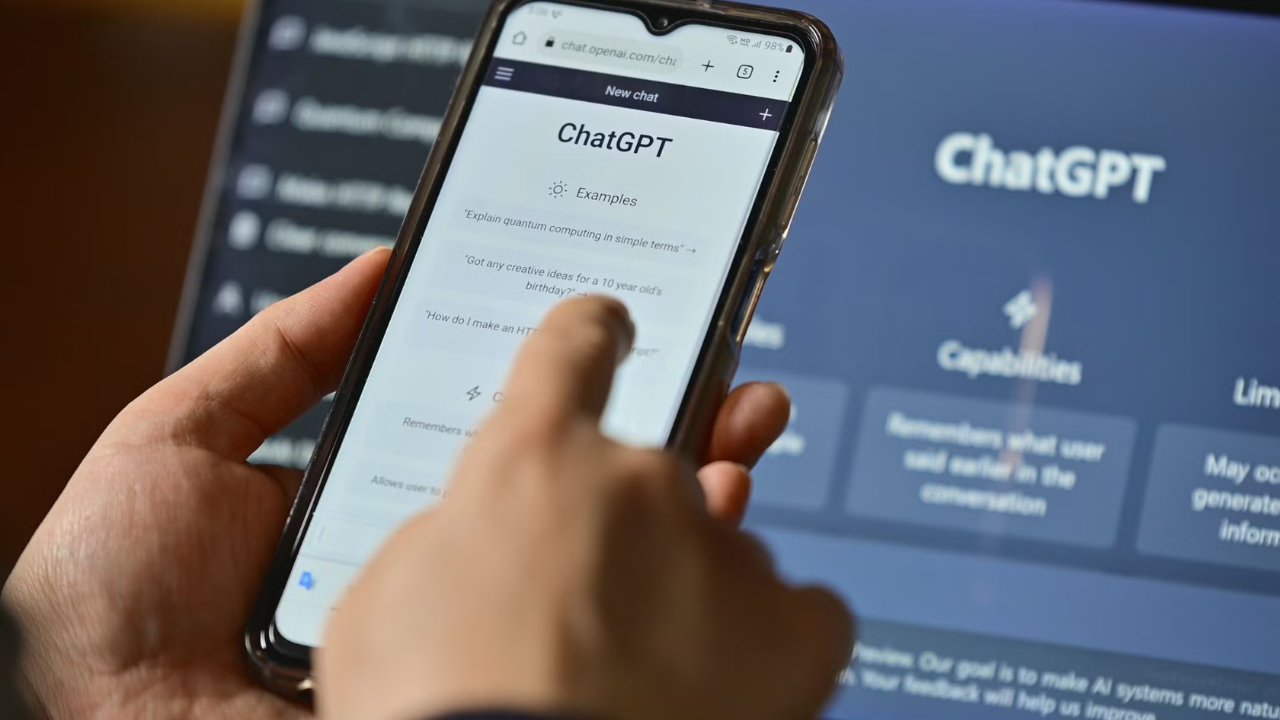Science
OpenAI’s Sam Altman Warns About Privacy Risks of ChatGPT Use

Your conversations with AI chatbots, such as ChatGPT, may not be as private as you assume. In a recent episode of the YouTube podcast This Past Weekend, hosted by Theo Von, OpenAI CEO Sam Altman revealed that interactions with AI are not protected by the same legal confidentiality that safeguards discussions with medical professionals, lawyers, or therapists. This lack of legal protection raises significant concerns regarding user privacy.
Altman emphasized that the AI industry has not yet established protocols to protect intimate conversations users have with AI tools. “People talk about the most personal sh*t in their lives to ChatGPT,” Altman stated. “Young people, especially, use it as a therapist, a life coach; having these relationship problems and asking, ‘what should I do?’” He pointed out that while conversations with licensed professionals carry legal privilege, this is not currently the case for interactions with AI.
Privacy Concerns in Legal Context
Altman warned that this situation could lead to serious privacy issues, particularly if a lawsuit arises. He noted that OpenAI would be legally obligated to provide records of user conversations, which could undermine the confidentiality users expect. “I think we should have the same concept of privacy for your conversations with AI that we do with a therapist,” he added, highlighting that this consideration was largely overlooked just a year prior.
This revelation comes against the backdrop of a significant copyright lawsuit involving OpenAI and The New York Times. In this case, the newspaper, along with other plaintiffs, has requested a court order requiring OpenAI to retain all user conversations indefinitely, including those that have been deleted. OpenAI has opposed this demand, arguing that it constitutes an overreach.
According to OpenAI, conversations deleted by users on ChatGPT Free, Plus, and Pro accounts are generally removed from their systems within 30 days, unless there are legal or security-related reasons to retain them. The outcome of this legal dispute could set a critical precedent for how user data and AI-generated content are managed in future cases involving artificial intelligence.
The Future of AI Conversations
As the landscape of AI continues to evolve, the need for robust privacy protections becomes increasingly urgent. Altman’s comments highlight a broader dialogue about the ethical implications of AI technology, particularly concerning user trust and data security. As individuals increasingly turn to AI for guidance on personal issues, the question of how these interactions are stored and protected must be addressed.
The conversation around user privacy in AI interactions is expected to gain momentum as more individuals utilize these tools for sensitive topics. The industry must adapt to provide the same level of confidentiality users expect from traditional professionals. As legal and ethical frameworks are developed, the protection of personal data remains a priority in ensuring user confidence in AI technology.
-

 World4 months ago
World4 months agoSBI Announces QIP Floor Price at ₹811.05 Per Share
-

 Lifestyle4 months ago
Lifestyle4 months agoCept Unveils ₹3.1 Crore Urban Mobility Plan for Sustainable Growth
-

 Science3 months ago
Science3 months agoNew Blood Group Discovered in South Indian Woman at Rotary Centre
-

 World4 months ago
World4 months agoTorrential Rains Cause Flash Flooding in New York and New Jersey
-

 Sports3 months ago
Sports3 months agoBroad Advocates for Bowling Change Ahead of Final Test Against India
-

 Top Stories4 months ago
Top Stories4 months agoKonkani Cultural Organisation to Host Pearl Jubilee in Abu Dhabi
-

 Science4 months ago
Science4 months agoNothing Headphone 1 Review: A Bold Contender in Audio Design
-

 Top Stories4 months ago
Top Stories4 months agoAir India Crash Investigation Highlights Boeing Fuel Switch Concerns
-

 Sports3 months ago
Sports3 months agoCristian Totti Retires at 19: Pressure of Fame Takes Toll
-

 Business4 months ago
Business4 months agoIndian Stock Market Rebounds: Sensex and Nifty Rise After Four-Day Decline
-

 Politics4 months ago
Politics4 months agoAbandoned Doberman Finds New Home After Journey to Prague
-

 Top Stories4 months ago
Top Stories4 months agoPatna Bank Manager Abhishek Varun Found Dead in Well









